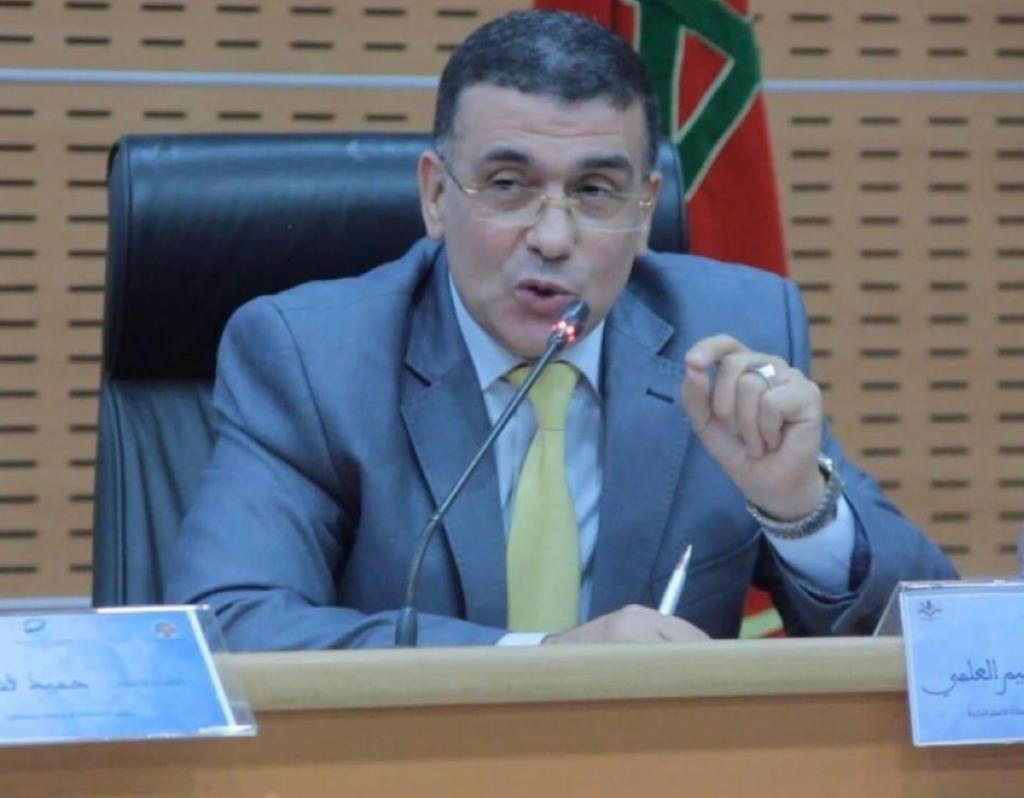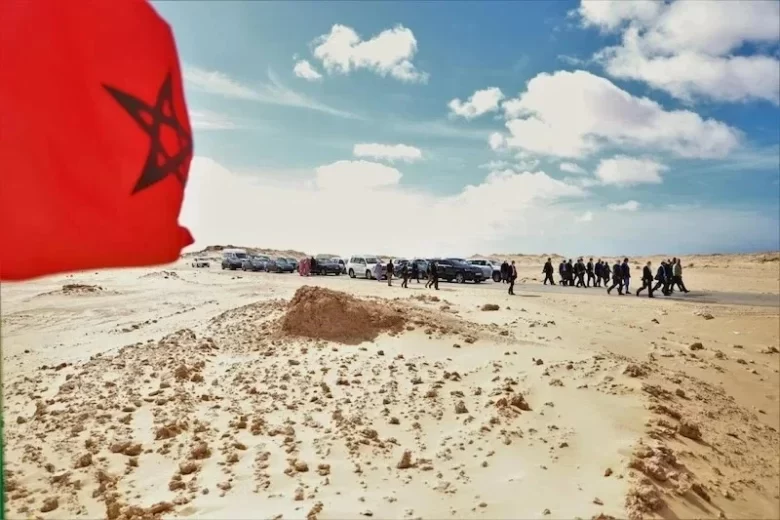Certainly, success in the diplomatic process depends on the desire for reconciliation between countries.
But the qualifications possessed by the diplomat are also important in building confidence between the parties:
Firstly:
He should consider the two parties as two parties of a dialogue not of a conflict, because that makes him look at the elements of the agreement between them first and foremost and not at the elements of difference.
On this basis, his speech must always be based on common ground and on motivating the two parties to exploit this ground to reach the possible solutions.
Secondly:
The diplomat must possess a kind of diplomatic charisma, meaning that he has a persuasive personality in the manner of speaking, in the way of arranging ideas and reformulating the proposed by the two parties, and in deriving solutions from the proposed ideas, regardless of the differences existing between them.
Thirdly:
The diplomat is supposed to have a wide knowledge of the details of the file he is working on, from all intellectual, cultural, political, religious and ethnic aspects, and sometimes even at the level of mental backgrounds and subconscious social sensitivities, that is what is known as the collective subconscious.
We may find many conflicts in the world that are not based on political backgrounds only, but also on historical psychological complexes that pass through generations, increase in complexity over the years and lead to a number of victims, as is the case of Rwanda whose problem can not only be understood politically. We need to dig into popular culture as well to understand it.
But even if there is no result, the communication should not stop with love and openness.
When communication continues, it means that we can talk about a percentage of success sooner or later.
The dialogue is a door open for understanding each other and looking together for common ground.
That is the real mean role of a Diplomat.
There fore the boycott is the worse situation we can face in a political act; it is a sign of deep misunderstanding and means closing the door of listening to each other.
That why we say that communication should not stop and dialogue must continue whatever can be the circumstances under different manifestations.
The Diplomat must of course fulfill his obligations, stay within the lines drawn by his state, but he should also take into account the goals, the objectives and the cultures of his peers and colleagues, and his political enemies as well.
When a diplomat can build his reputation as an open minded negotiator, he gives credibility to his name, his words, his promises, his analyzes, his commitments and his guarantees, because The disputing parties believe in his person, in his strength and in his morals, and they have the desire to follow him and agree with him even if they know little about the case he is defending or not, they know the details of his plans or not, they will support him if he has credibility with them.
He needs also the belief in dialogue as a moral necessity, not just a political one; in the sense that dialogue is not only a task that the ambassador can undertake, but other voices can also undertake it.
That is why Diplomatic experts and actors believe that diplomatic work is more a cultural act than a dry technical or administrative one.
Cultural here means:
- The mastery of the undeclared reasons for the file in question, because what is written in official documents represents only a part of the truth. The second side is represented by the popular speech and public faith, which is mostly based on deep, hidden and silent ethical, cultural and religious backgrounds.
- The belief in dialogue as a moral necessity, not only a political one, in the sense that dialogue is not only a task that the governmental ambassador can undertake, but other voices can also do.
It is well known that the most important role of Diplomacy is to approximate views and seek common grounds for all relevant parties in order to defend the interests of the country.
And as we said before, we believe that the approximation of points of view should not only take place at the political or military level, but also at different levels, both official and unofficial and with innovative methods that run parallel to the political governmental dialogue.
- Among the most important of these mechanisms:
- Spiritual diplomacy,
- Cultural diplomacy,
- Sport diplomacy,
- Civil society diplomacy, etc.
The contemporary world needs to develop the logic of diplomatic relations and abandon the narrow perspectives, such as political, economic and military pressures.
We should think of new tools and mechanisms that are legal, but not confrontational at the same time.
For instance, we must stand at the unique Moroccan experience in this regard, especially in its relationship with African space, whether in the context of bilateral relations or in the context of the relationship with the African Union.
As I concluded in a study I wrote earlier about spiritual diplomacy and how to use it in a legal way to promote the values of love, tolerance and intercultural dialogue, I prefer to call it: Spiritual Diplomacy.
The Kingdom of Morocco possesses a kind of spiritual power and spiritual authority over a large number of societies and communities across the world, especially in North Africa and sub-Saharan Africa, as well as in the Middle East, Europe and America, through some famous mystic schools: Shadhili School, Darkawi School, Tijani School, Idrissi School and others.
I have to say that Kingdom of Morocco has taken an advanced approach in dealing with the African space, aiming to strengthen relations with African countries on a solidarity basis of the logic: winner/winner at all levels:
- The economic level: through banking, industrial and commercial investments.
Thus, Morocco has become the second largest investing country in sub-Saharan Africa.
The human level: by receiving African migrants, providing guarantees for a decent life for them, regularizing their legal status, providing training and vocational training for them with the intention of integrating them into the structure of Moroccan society.
The Kingdom of Morocco has also provided medical and food assistance to 25 African countries during the recent Covid19 crisis.
- The military level: by supporting peacekeeping operations in a number of areas of tension in Africa.
- The political level: by supporting and sponsoring peace talks in a number of troubled African regions (Libya for instance).
- In parallel with all those levels, the Kingdom of Morocco has successfully worked to enhance its spiritual presence in Africa through some Sufi schools that considers Morocco as its spiritual reference, such as the said: Tijani and Chadhili/Darkawi brotherhoods whose shrines of its great leaders exist in Moroccan territory.
This cultural and spiritual influence contributed greatly to the process of opening dialogue and sharing the values of tolerance, love and moderation between Morocco and African countries; which are the values that have prevailed among them throughout medieval history and thus has enhanced opportunities for economic development and political balances.
To conclude:
The contemporary world still has not sufficiently taken advantage of spiritual cultural diplomacy opportunities.
The new world order needs to enhance the role of formal diplomatic institutions with new mechanisms and tools such as cultural and spiritual mechanisms, because they contribute to creating an atmosphere of mutual trust in order to facilitate the way for prosperity through the rest of the forms of economic and political cooperation.
President of IACSS (International Academic Center for Strategic Studies) Tangier- Morocco [email protected]







